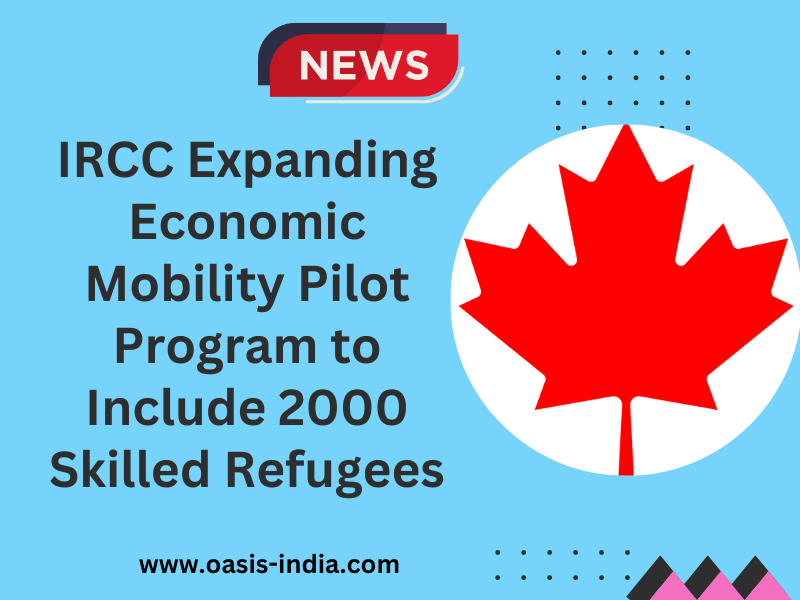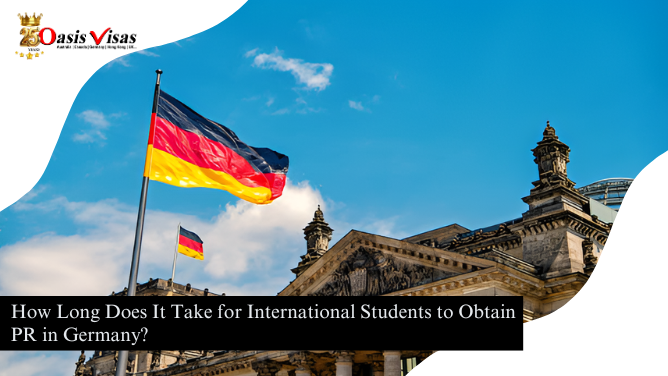
IRCC (Immigration, Refugees and Citizenship Canada) has proclaimed that it will be providing funding through the EMPP (Economic Mobility Pilot Program) to numerous partner organizations.
Over the next few years, the program will admit 2,000 skilled and experienced refugees to Canada to assist in deficiencies in specific, high-demand sectors. Immigration Minister Sean Fraser made the announcement today during a partner’s meeting in the Canadian capital: Ottawa.
The EMPP simplifies the recruitment of skilled refugees by connecting them with Canadian employers who express urgent hiring needs.
The partner organizations that receive funds include TalentLift, Jumpstart Refugee Talent, and Talent Beyond Boundaries. They will be able to directly refer and support candidates. Each organization will receive training and as well as quality assistance reviews.
Bassel Ramli, Co-Founder and Global Programs Director at Jumpstart Refugee Talent, says, “The Canadian economy is experiencing chronic talent shortages across multiple sectors.” “Meanwhile, millions of refugees around the world are seeking durable solutions to secure better lives for their families. In partnership with Immigration, Refugees and Citizenship Canada, Jumpstart is supporting employers across Canada in hiring and relocating people from displaced populations.”
The government, among the funding, has allotted $6.2 million for supporting EMPP partner organizations.
There are 6 separate projects that receive the funding. The money will assist the organizations in identifying skilled and qualified candidates abroad and aid the applicant and the employers through the interview, recruiting, and immigration processes.
Canada’s Labour Shortage
The announcement comes as Canada is experiencing a skilled labour shortage and a number of job vacancies. This shortage is because of the aging population and a low birth rate. There are not many individuals in Canada who can fill positions as they become vacant.
To deal with this unwanted shortage, Canada released its highest PR targets so far in the Immigration Levels Plan 2023-2025. The country, under this plan, looks forward to welcoming more than 500,000 new immigrants a year by the end of 2025.
Of these, more than 300,000 newcomers will be granted PR (Permanent Residence) through economic immigration programs. Approximately 15,000 economic immigrants will come through an economic pilot program.
Who is Eligible for the EMPP?
Canada, as of October 2022, has welcomed more than 100 skilled refugees as well as their family members under the EMPP.
A refugee who chooses to settle in Canada under the EMPP has less difficulty when it comes to applying for permanent residency in the long term.
EMPP facilitation measures consist of waiving some fees, which makes it easier to prove their work experience, and allowing them to use loans for funding travel costs, settlement needs, start-up costs, and needs that cannot be waived. For the most part, IRCC processes applications within 6 months.
Refugees who are looking to immigrate to under the EMPP are required to prove that they are both refugees and eligible under an existing economic immigration pilot program, including the:
- Atlantic Immigration Program
- Provincial Nominee Program
- Rural and Northern Immigration Pilot
Those who apply under the Atlantic Immigration Program, or the Rural and Northern Immigration Pilot does not need to meet a number of the normal eligibility requirements. For instance, proving the number of hours asked for in the timeframe listed, albeit they are still required to prove they worked the same number of hours.
Also, refugees are required to provide a referral letter from one of the partner organizations.
What is the EMPP?
Launched as a research project in 2018, the EMPP has had 2 phases. The first phase proved that, given targeted assistance, there are skilled and experienced refugees who can meet the eligibility criteria of current economic immigration programs. This phase helped shed light on a large, untapped pool of potential skilled candidates who can fill the gaps in the labour force in Canada.
The existing phase includes IRCC to target to settle 500 refugees as well as their families. The result of these settlements will assist IRCC in further comprehending how to make the best use of skilled refugees’ potential and expand the EMPP.









